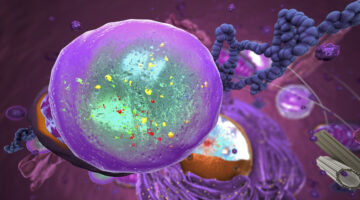Giving CT angiogram scans to people coming to the emergency room with chest pain could improve the speed of heart attack detection and lower costs, a research study has found.
The study by the Perelman School of Medicine at University of Pennsylvania compared coronary CT angiography with traditional testing methods at five medical centers. It showed that patients with chest pain who had negative CT scans could be discharged safely within a few hours from the hospital. It could provide a solution to reducing emergency room traffic, lowering hospital admissions and cutting costs. The study was published in the New England Journal of Medicine and presented at the American College of Cardiology 61st Scientific Session in Chicago.
Among the findings were that 50 percent of patients who received CCTA were discharged directly from the emergency department to their homes compared with 23 percent of patients who underwent traditional care.
Dr. Harold Litt, chief of cardiovascular imaging in the radiology department, said the CCTA provides a noninvasive way to view coronary arteries.
Coronary CT angiography involves injecting a dye into a patient and taking a high-powered X-ray that provides 3-D views of the heart and surrounding blood vessels. Cardiac catheterization is more involved and entails snaking a catheter through the femoral or radial artery to the coronary artery. The cost of the CCTA scan is $1,500 compared with $4,000 for traditional tests, the statement said.
Dr. Judd Hollander, clinical research director in the department of emergency medicine and the senior author of the study said: “Until now, our methods for diagnosing patients with acute coronary syndromes in the emergency room setting have been both time consuming and costly. We have spent the past 30 years trying to find a simple test that will tell patients, right now, ‘It’s not your heart.’ This trial is the first time we’ve been able to accomplish that.”
Pennsylvania Department of Health and the American College of Radiology Imaging Network Foundation funded the trial. The trial included 1,370 patients at the Hospital of the University of Pennsylvania, Penn Presbyterian Medical Center, Penn State University Medical Center at Hershey, Wake Forest Baptist Medical Center and the University of Pittsburgh Medical Center.
Chest pain is the second most common reason people go the emergency room in the United States, but it is estimated that no more than 15 percent of the roughly 8 million visits to emergency rooms for chest pain complaints are diagnosed with heart attacks or other serious cardiac diseases, according to the statement.














